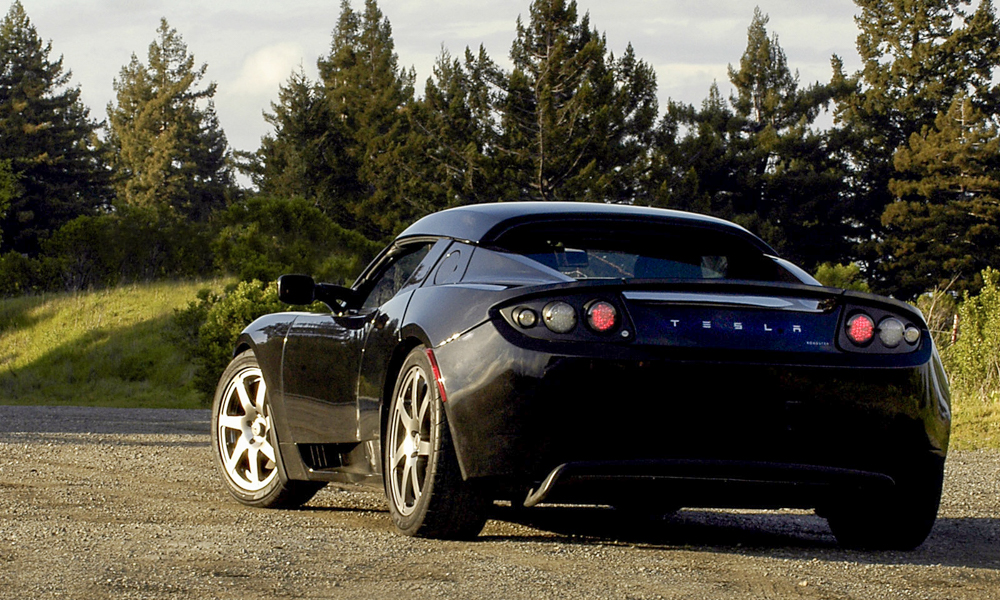
Around 10 years ago, I had the opportunity to test-drive the original Tesla Roadster on the Isle of Man, with a terrified-looking sales rep from the firm’s UK headquarters in the passenger seat and the famous TT Mountain Course in front of us. It seemed nobody had told the poor chap that this winding public road didn’t have a speed limit, and that a driver who knew it well could legally create an experience akin to a white-knuckle roller-coaster ride. When we returned to the pub where the sales team had set up camp for the day, I stepped out wanting to own the car and he left needing a stiff drink.
Tesla had created something that was fast, fun, fully electric and, most important, quite unique in the automotive marketplace at the time. Rimac had just been founded, Volkswagen was busy cheating with diesel engines, and cars like the Porsche Taycan were mere ideas. Now, however, it looks like the American EV maker is heading for choppy waters, and much of that is down to its increasingly erratic chief executive.
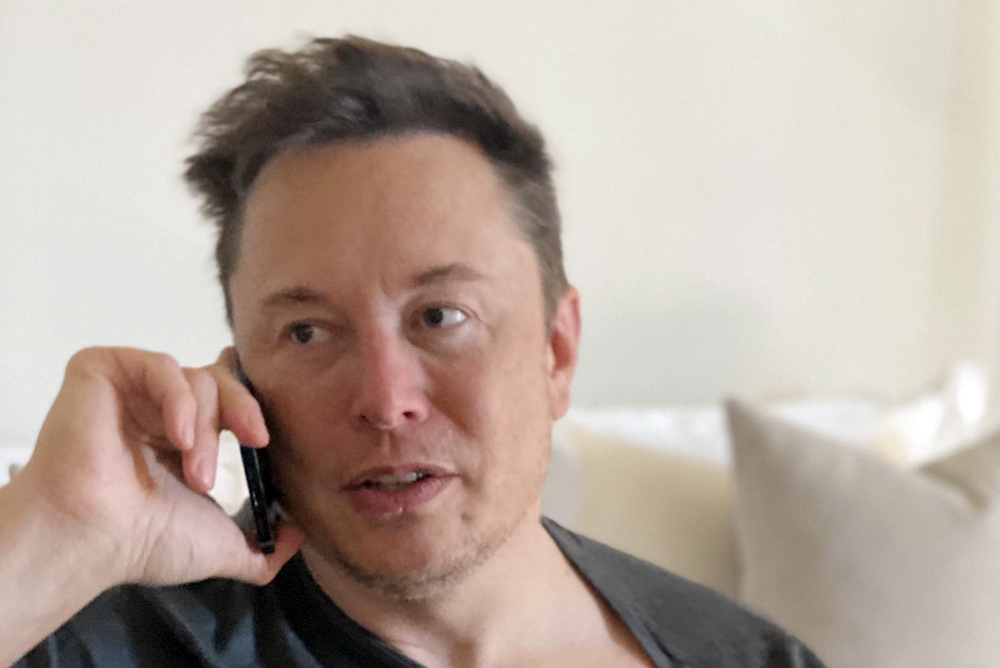
For a while, it looked like Tesla was the invincible king of electric mobility. It even managed to do what nobody thought was possible: get V8- and truck-loving Americans excited about juiced-up sedans. Teslas seemed to be everywhere. But as their numbers increased, so did the reports about issues with them. From basic design flaws like the Model 3’s trunk that lets in water when opened in the rain, to persistent problems with build quality, the carmaker often seems miles away from the standards that buyers got used to with Japanese or German companies. The underlying feeling is that people put up with it as long as there was nothing better on the EV market.
Now, however, showrooms are getting swamped with battery-electric vehicles, and consumers no longer have to accept substandard products. From German premium brands to Japanese and Korean carmakers and right down to the myriad of Chinese vehicle manufacturers that have popped up in recent years, the marketplace is getting crowded. And the future looks decidedly less rosy for Musk and his products.
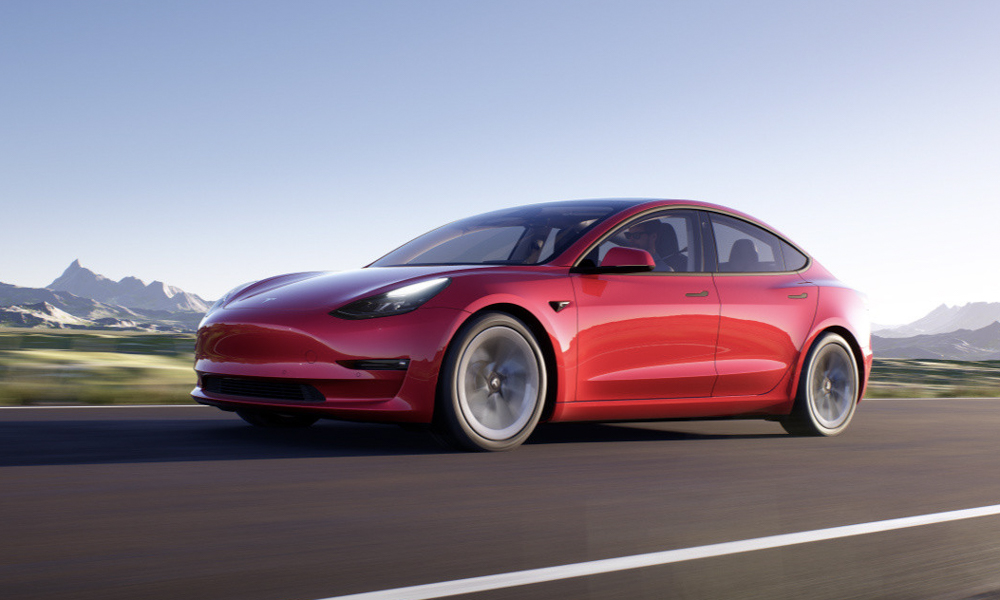
Add to that problems with the firm’s manufacturing plants—such as serious staff issues at the German Gigafactory—and a spate of accidents that put Tesla’s Autopilot feature firmly in the focus of the public and the authorities, and you can see how it’s all starting to pile up. While the latest balance sheet shows a record net income of $438 million (P21 billion) for the last quarter, the financial windfall didn’t exactly come from selling cars. The firm sold $518 million (P24.84 billion) worth of regulatory credits to other car companies, and made $101 million (P4.82 billion) by peddling some of the $1.5 billion worth of bitcoins it had acquired earlier in the year. Without all that non-car-selling activity, the ambitious automaker would have booked a loss.
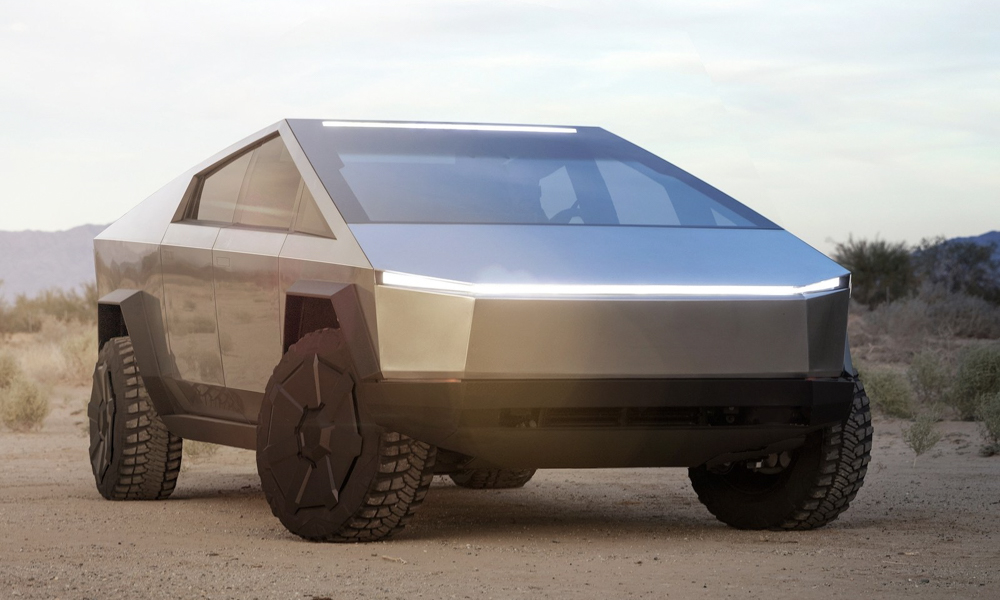
The subject of bitcoin also brings me to what might be the most important factor in deciding the success or failure of Tesla: its CEO, Elon Musk. The 49-year-old multibillionaire is currently engulfed in a war of tweets over the world’s most popular cryptocurrency, and his behavior does seem to be increasingly erratic. Not at all on the level you’d expect from the boss of one of the world’s biggest companies.
While he was treated like a hero by the crypto community when he bought a large amount of bitcoins a while ago, things have since deteriorated significantly. Especially his continued support for a cryptocurrency called dogecoin, a project that, according to its inventor, was created in a couple of hours as a joke. This move has raised eyebrows in many circles, and should make shareholders feel more than a little bit nervous.
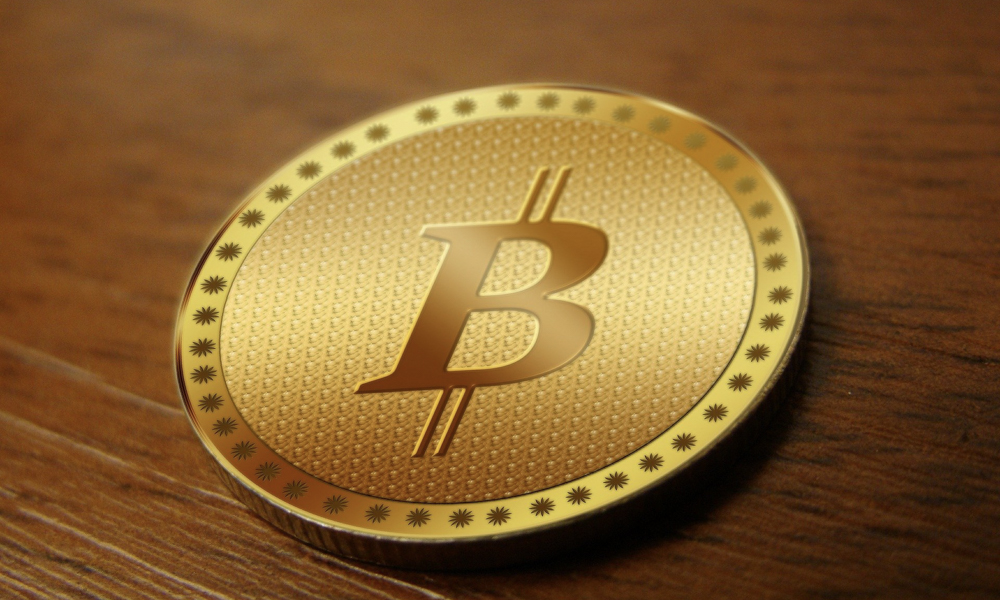
Musk’s very public foray into the world of cryptocurrencies, his obvious lack of understanding regarding the same, as well as his often-gung-ho approach to doing things are real causes for concern, and these make him look like a loose cannon. Now is the time that Tesla would need laser-like focus on its manufacturing and sales processes if it wants to have any chance of shifting significant numbers in the future. But instead, the guy in charge is busy arguing on twitter and alienating his customer base.
If I were a betting man, then I would bet that Tesla is heading for difficult times. New products (like the ridiculous Cybertruck that has precisely zero chance of ever being road-legal in Europe and many other markets) won’t change that. The brand had a huge first-mover advantage, but now the other kids in the playground have caught up and their toys don’t look like they were designed by a three-year-old. Tesla had a good run. But from here on out, the real car companies will take over.

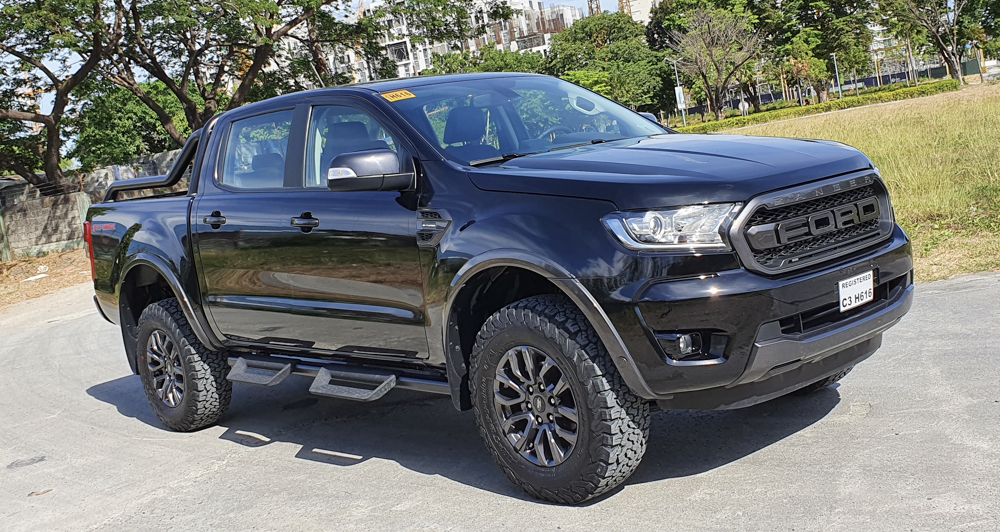
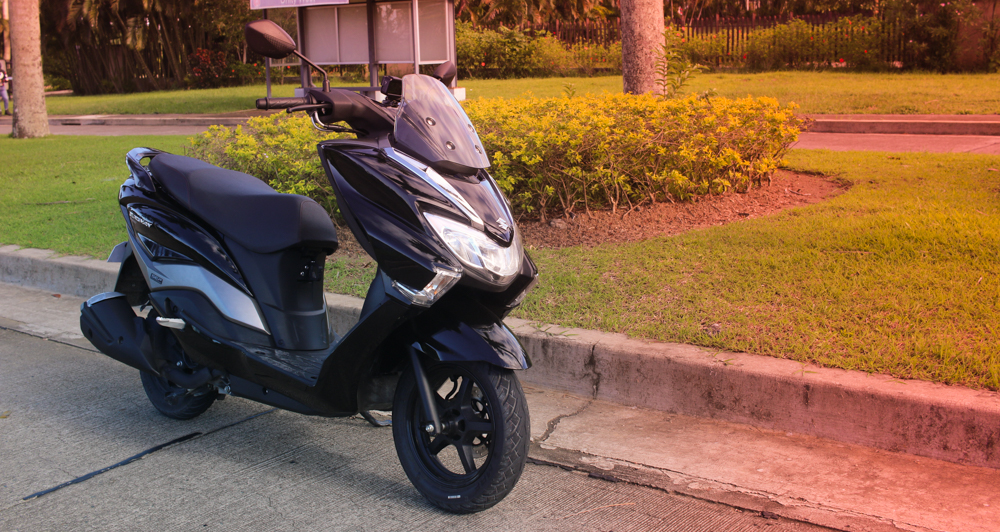

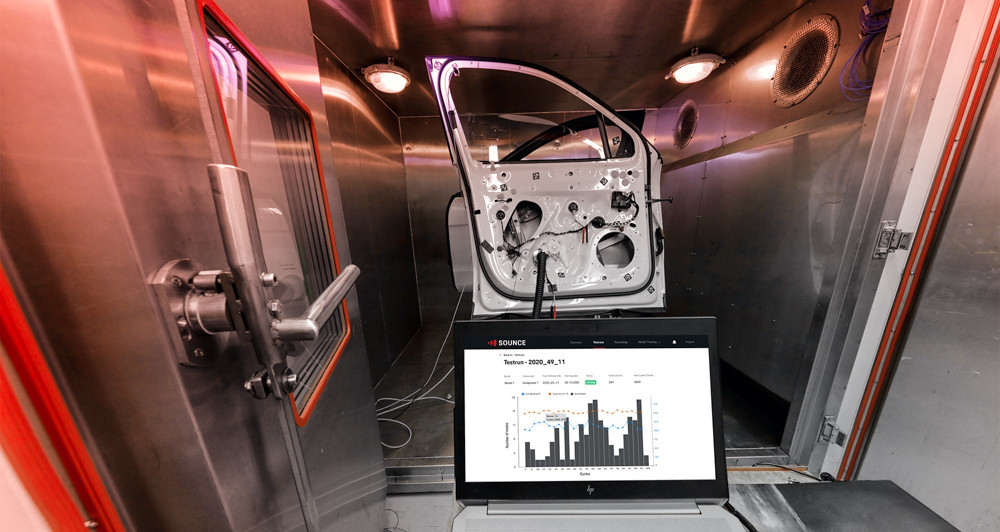
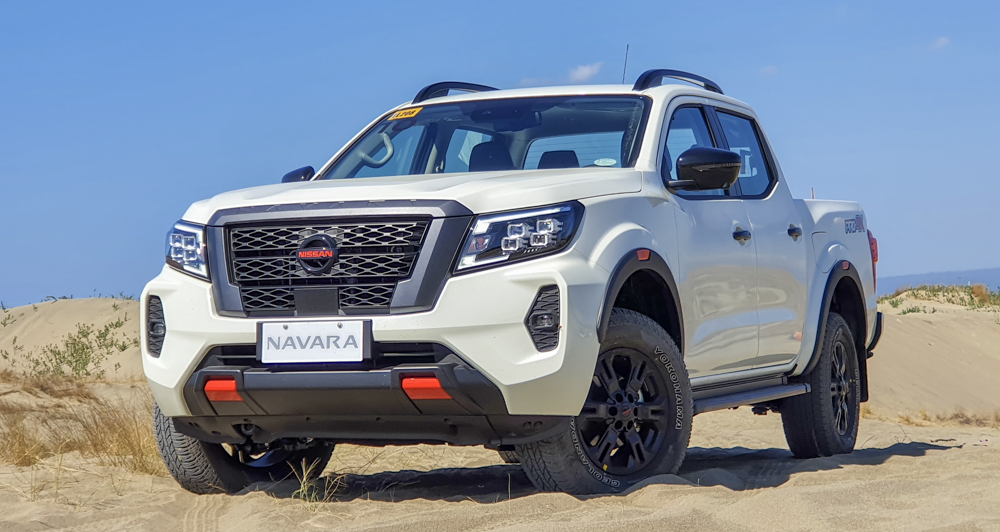


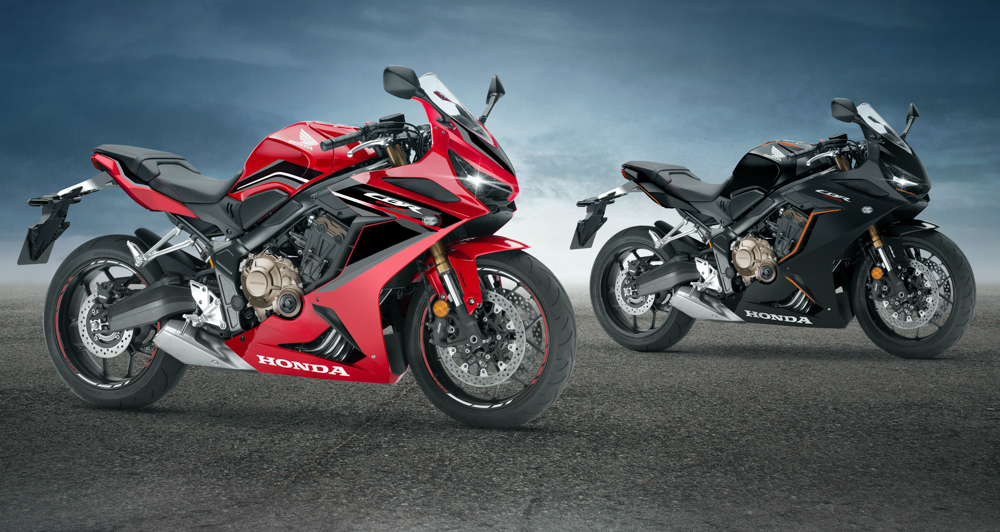

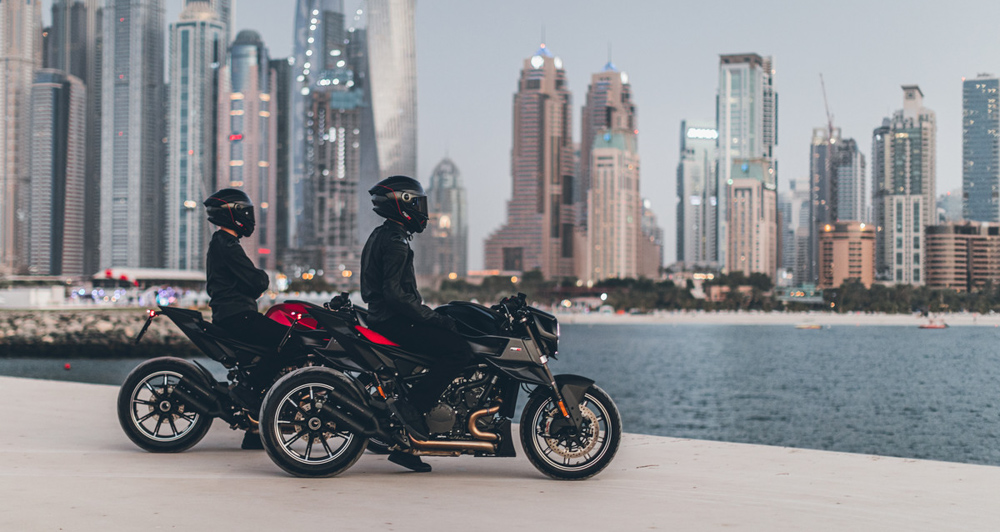
Comments